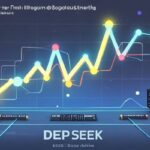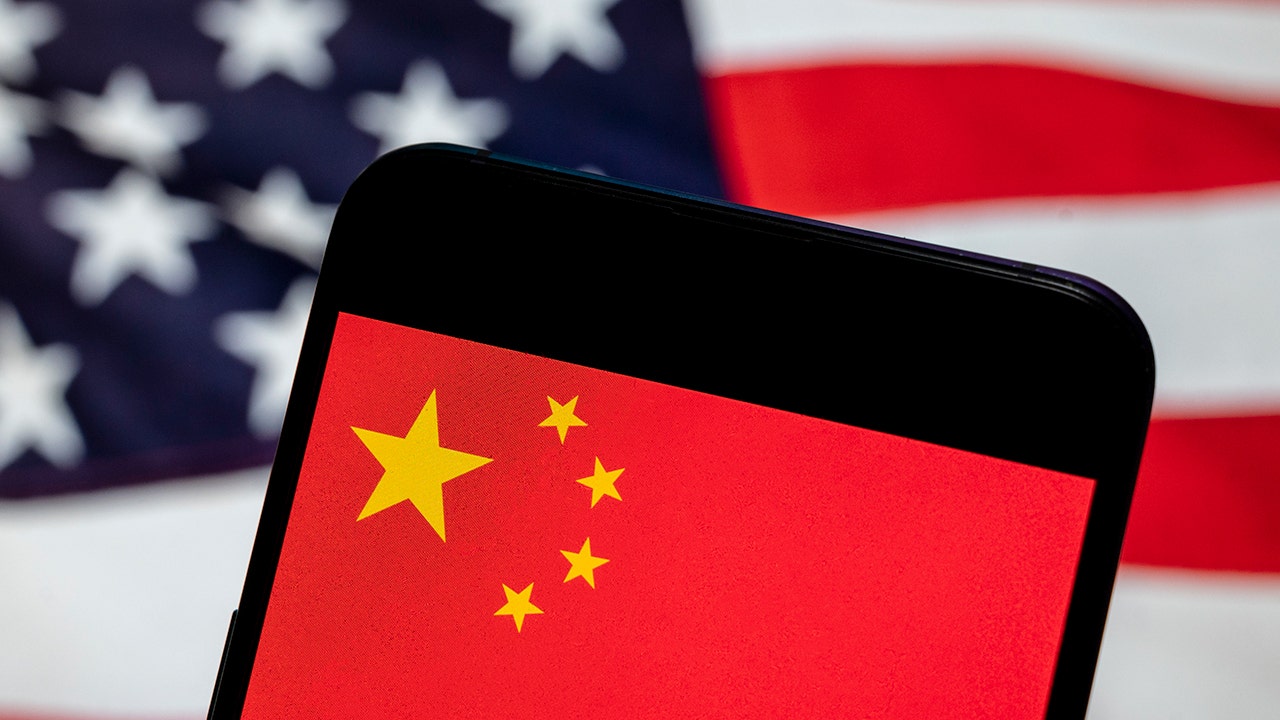Nvidia CEO Jensen Huang recently asserted that the true boom in artificial intelligence (AI) is just commencing, amidst a surge of record-breaking investments by Big Tech. This statement comes at a time of intense scrutiny over the national security implications of AI technologies, particularly concerning the export of advanced Nvidia AI chips.
The U.S. Department of Justice has unveiled charges against four individuals—two Americans and two Chinese nationals—who are accused of illicitly funneling advanced Nvidia AI chips to China. This operation, prosecutors allege, posed a significant threat to U.S. national security and contravened strict export controls.
The accused are identified as Hon Ning “Mathew” Ho, 34, a U.S. citizen originally from Hong Kong and residing in Tampa, Florida; Brian Curtis Raymond, 46, from Huntsville, Alabama; Cham “Tony” Li, 38, a Chinese national living in San Leandro, California; and Jing “Harry” Chen, 45, also a Chinese national, residing in Tampa on a student visa. They face multiple charges, including conspiracy to breach the Export Control Reform Act, smuggling, and money laundering.
According to Assistant Attorney General for National Security John A. Eisenberg, the indictment describes a calculated effort to transship controlled Nvidia GPUs to China by falsifying documents, creating fictitious contracts, and misleading U.S. authorities. He emphasized, “The National Security Division is committed to disrupting these kinds of black markets of sensitive U.S. technologies and holding accountable those who participate in this illicit trade.”
Details of the Illicit Operation
The investigation indicated that the defendants utilized a Tampa-based company, Janford Realtor LLC, as a front to acquire and export restricted Nvidia GPUs. Despite its name, Janford Realtor was never engaged in real estate business; it was allegedly established to obscure shipments of high-performance processors aimed at China.
From September 2023 to November 2025, this group conspired to illegally export advanced chips through third countries—specifically Malaysia and Thailand—to circumvent U.S. export laws. They are reported to have executed four separate exports of Nvidia GPUs to China, including two shipments from October 2024 to January 2025, which involved approximately 400 Nvidia A100 processors.
Authorities managed to disrupt two additional shipments that included ten Hewlett Packard Enterprise supercomputers containing Nvidia H100 GPUs, along with 50 separate H200 GPUs. The operation was reportedly financed through over $3.8 million in wire transfers from China.
None of the defendants secured the mandatory licenses required for exporting the technology, and they allegedly misled officials concerning the ultimate destination of the processors to evade U.S. export regulations.
Geopolitical Implications
The indictment outlined that the People’s Republic of China is striving to become the world leader in AI by 2030, with plans to leverage AI for military advancements, including the design and testing of weapons of mass destruction. This highlights the critical intersection of AI advancements and national security, as nations vie for supremacy in cutting-edge technologies.
U.S. Attorney Gregory W. Kehoe stated, “As demonstrated by this indictment, the U.S. Attorney’s Office for the Middle District of Florida is firmly committed to safeguarding our country’s national security.” He credited the diligence of law enforcement in bringing the defendants to justice, underscoring the serious implications of unauthorized technology exports.
This incident serves as a stark reminder of the delicate balance between technological innovation and national security. As the AI industry continues to evolve rapidly, it will be imperative for stakeholders to navigate the complex landscape of regulatory compliance and geopolitical considerations.
See also Perplexity Launches Comet Browser for Android, iOS Version Coming Soon
Perplexity Launches Comet Browser for Android, iOS Version Coming Soon AI Transforms Global Logistics, Reducing Labor Needs by 50% Through Automation
AI Transforms Global Logistics, Reducing Labor Needs by 50% Through Automation DeepSeek Launches LPLB: A Linear Programming Solution for MoE Load Imbalance
DeepSeek Launches LPLB: A Linear Programming Solution for MoE Load Imbalance AI in Academia: Balancing Benefits and Risks of Using Tools Like ChatGPT
AI in Academia: Balancing Benefits and Risks of Using Tools Like ChatGPT Perplexity AI Launches Comet Mobile Browser on Android, Challenging Google’s Chrome
Perplexity AI Launches Comet Mobile Browser on Android, Challenging Google’s Chrome
































































